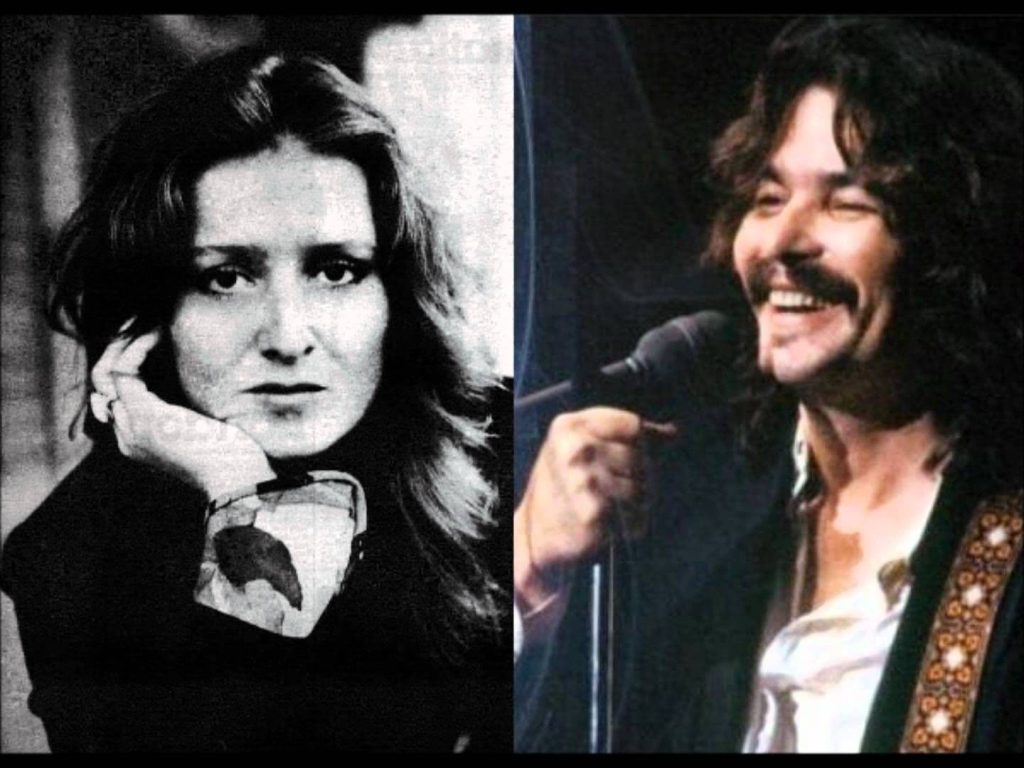
John Prine – “Angel from Montgomery”: A Soul-Stirring Ballad of Longing and Lost Dreams
“Angel from Montgomery” is more than just a song—it’s a hauntingly beautiful meditation on regret, aging, and the quiet desperation of a life that hasn’t turned out the way it was once imagined. Written by the late, great John Prine and first released on his self-titled 1971 debut album, this folk-country masterpiece has endured for decades, resonating deeply with listeners and artists alike. Its raw honesty and poetic simplicity have made it one of Prine’s most beloved compositions, covered by legends such as Bonnie Raitt, John Denver, and Susan Tedeschi, each breathing their own life into its melancholic verses.
At its core, “Angel from Montgomery” tells the story of a woman trapped in a mundane, loveless existence. Prine, despite being in his early twenties at the time, astonishingly captures the weary soul of an older woman who feels life slipping away from her. She longs for something—anything—to break the monotony, to remind her of the passion and dreams that once burned brightly in her youth. The song’s narrator finds herself in a marriage devoid of excitement, reflecting on the years that have passed her by, with nothing to show but the weight of time and the ache of unfulfilled longing.
Musically, the song is deceptively simple—a slow, aching waltz that drifts like a faded memory, driven by gentle acoustic guitar and soft, mournful melodies. Prine’s voice, weathered even in his youth, delivers the lyrics with a quiet resignation, making the song feel like a whispered confession. There’s no grand climax, no sweeping orchestration—just a stark, unembellished honesty that hits harder than any elaborate arrangement ever could.
One of the most powerful aspects of “Angel from Montgomery” is its use of vivid imagery. Prine’s lyrics don’t just tell a story; they paint an entire world with just a few carefully chosen words. The lines about old photographs and flies buzzing in the kitchen evoke a sense of stagnation, of a life frozen in time. The refrain—pleading for an angel to lift the narrator out of her circumstances—is as heartbreaking as it is universal. Who hasn’t, at some point, wished for some unseen force to rescue them from the weight of their own existence?
But perhaps the song’s greatest achievement is its ability to transcend gender, age, and circumstance. Though it’s sung from the perspective of an aging woman, the emotions at its heart are universal—regret, longing, and the quiet hope that something better still awaits. This is why “Angel from Montgomery” has been covered by so many artists, and why Bonnie Raitt’s rendition in particular became a defining moment in her career. Raitt’s smoky, aching vocals transformed the song into something even more devastatingly beautiful, cementing its status as an American classic.
In the grand tapestry of John Prine’s songwriting, “Angel from Montgomery” stands as one of his most enduring and emotionally powerful works. It’s a song that lingers in the heart long after it’s finished playing, a testament to Prine’s gift for capturing the human condition with poetic grace and aching simplicity. Even after his passing, his words continue to echo, ensuring that this angel will never stop flying.